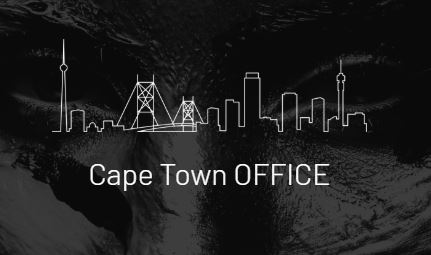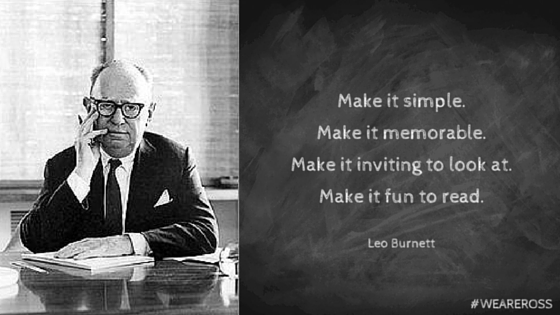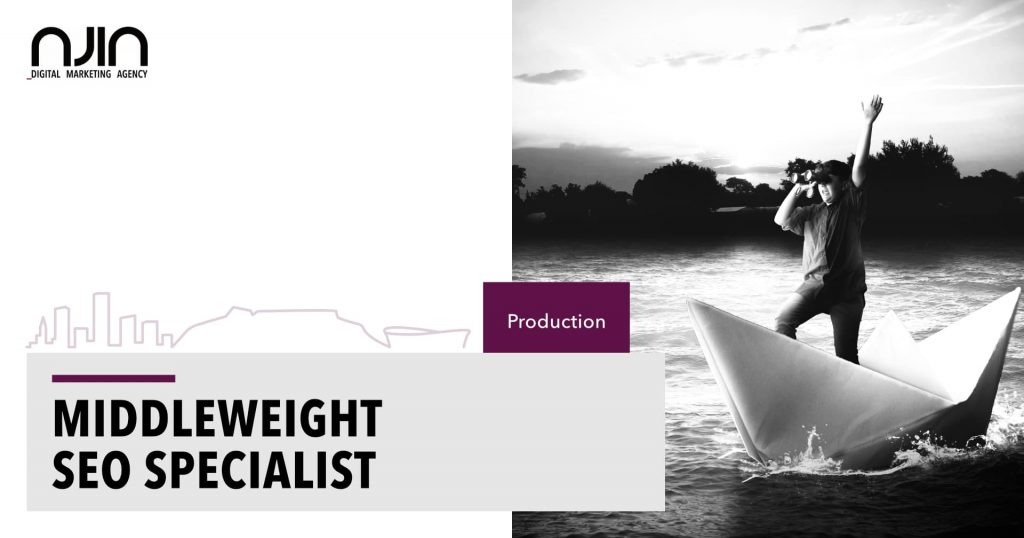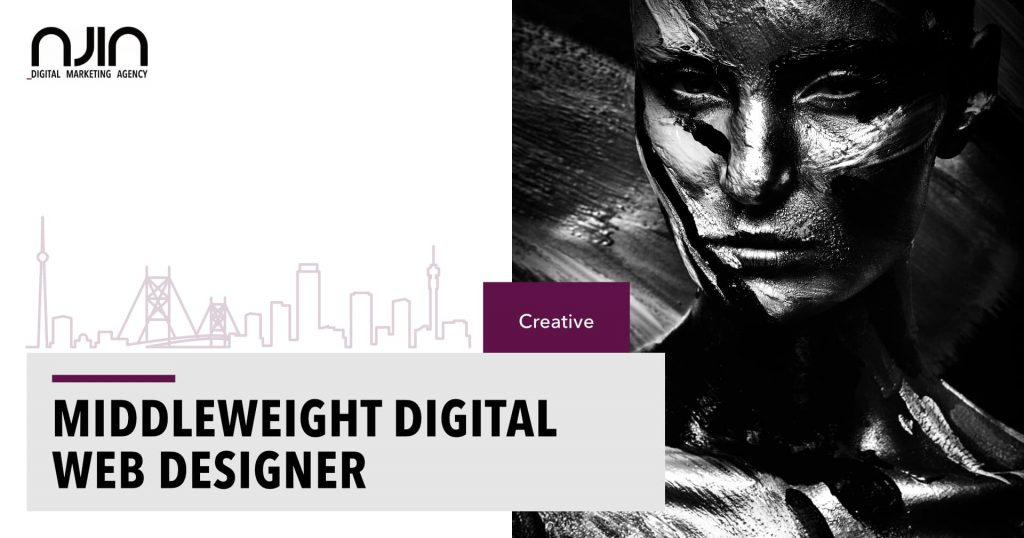Written by: Dean Rajh-Gopaul, Head of Strategy
A big claim, we know, but if you’re in marketing, IT or anyone that deals with your company website, new build or upgrade, this article may help make 2020 a better year.
If you’ve landed on this piece then you’ve no doubt been through the soul-crushing exercise of budget submissions, which would include your website (rebuilds, upgrades, design, UX optimisation, e-commerce etc.)
In recent years both marketing and IT have had their budgets cuts…drastically in many cases. Our research, however, suggests we’ve all been making one very costly oversight from an accounting perspective.
Websites are being expensed, when they should be written off over a few years.
Written off the same way capital assets like machinery are written off? Almost, those are physical or tangible assets, depreciated over a period of time, their “useful life”. A website is an intangible asset, so it would be amortized over its useful life.
But can a website even be considered an asset in the financial sense? On a balance sheet? Well, an optimally performing website can do virtually everything a physical store can:
| Physical Store/Office | Website | |
|---|---|---|
| Engage with customers | Yes | Yes (Live Chat) |
| View Products/Services | Yes | Yes |
| Demo Products/Services | Yes | Yes (Video) |
| Place Orders | Yes | Yes |
| Buy Goods/Services | Yes | Yes |
| Receive Customer Service | Yes | Yes (Service portal + chat) |
| Represent the Brand Visually | Yes | Yes |
Worth noting when dealing with an e-commerce site:
- No risk of theft of goods or damages to goods.
- No instant gratification in purchase – although the likes of Amazon.com are working on same-day delivery options which should bring that experience closer to customers.

So, if websites can do most of what a physical store can, along with a couple of pros and cons, why aren’t they being treated as an asset in the financial statements?
International Accounting Standards (IAS 38 specifically) does, in fact, allow for this.
This standard allows for a website to be amortized over its useful life, specified as 3 years.
But like all things in life, certain conditions need to be met before you can write off the costs.
There are three critical attributes that have to be met for any website to meet the definition of an intangible asset as required by IAS 38:
- Identifiability – An asset is identifiable if it can be sold or transferred as a separate asset or if it arises from a contractual or legal right such as the registration of the domain name for the website
- Control – An entity has control over a website if it has the ability to obtain benefits from the asset
- Future economic benefits – Increased revenue or cost savings generated from the use of the website
Along with these requirements the recognition criteria of IAS 38.21 have to be met in order to recognise an intangible asset for a website:
- It is probable that the future economic benefits that are attributable to the website will flow to the entity; and
- The cost of the website can be measured reliably.
SIC- 32 – Intangible Assets was drafted to specifically deal with the proper accounting treatment related to the costs associated with the development of a website. SIC-32 identifies the following of website development:
- Planning – The planning stage is similar in nature to the research phase in IAS 38.54-.56. Expenditure incurred in this stage should be recognised as an expense when it is incurred.
- Application and infrastructure development, Graphical design development and Content development – Expenditure incurred in these stages should be included in the capitalised cost of a website if it directly relates to preparing the website for its intended use, these include costs such as employee costs, design costs, license fees and the purchase of content for the website.
- Operation – The operating stage begins once development of a website is complete and it is ready for its intended use. Expenditure incurred in this stage should be recognised as an expense when it is incurred. Expenditure relating to the advertising and promotion of an entity’s own products should be recognised as an expense when it is incurred.

Key take-aways:
- Can derive economic benefit directly from the website (either e-commerce or the option to place orders via the website).
- Need to measure the cost reliably (easiest way is to show the invoice from the agency contracted to build the website).
- A note that building internally might prove challenging and may not result in being able to amortize the website.
Building in phases and bringing each phase into the balance sheet in phases might also be worth considering on particularly large and costly website builds. Since revenue can only be recognized after the delivery, the website build can be broken up into various sprints which go live at different stages. As these phases go live they could in theory be brought into the balance sheet and amortized accordingly. This way, if the build takes six months to a year (or longer) to complete, the useful life of each phase is maintained at three years and the company won’t lose the initial years value.
As you can imagine, this is going to make financial discussions regarding budgets for websites much easier, especially for the CFO’s.
CFO’s are often regarded as the biggest (perceived) obstacle in the room.
Well obviously, they just say no to everything and see marketing as a bottomless pit where money, hope and common sense goes to die. This is of course is a generalisation and an over-simplification.
In truth most CFO’s would love to dish out “anything you need to make it happen”. But the poor soul needs to pay salaries, buy stock, pay suppliers, invest in infrastructure and a multitude of other things.
If he/she gets their job wrong, people won’t get paid that month, if they really screw up, they won’t have enough money to pay the receiver of revenue, at which point a one-way ticket to Panama probably starts sounding like an attractive option.
So as IT professionals and Marketers, the least we can do is understand where the “NO” for more budget is coming from (and why) and then provide a solution that doesn’t mean an outright loss of cash.

We need to educate ourselves holistically in order to help give our businesses what they need to service our customer base in the best possible fashion.
This means learning to speak finance and learning to motivate for our websites by using a business case, discussing the financial implications and the accompanying solutions to reach an agreement and a way forward.
In terms of EBITDA, this could also raise the value of your business.
Finally, as a business owner, MD, CEO or investor, it is worth taking a look at the effect this has on your EBITDA. To get a better picture, we chatted to Travers Cape, CA (SA).
Opex vs Capex:
When budgeting, although this will still be a cash outflow, it will not form part of operating expenditure, but rather capital expenditure.
EBITDA
When assessing a company, especially for valuations – investors / funders consider the EBITDA (Earnings before interest, tax, depreciation and amortization). In other words, the net profit, adding back the interest expense, and the depreciation and amortization expense. If it were to be an operating expense, this number would be worse.
The higher the number the better!
Special thanks to some really smart people:
This article would not have seen the light of day had it not been for the following individuals and their advice, guidance and expertise (in alphabetical order):
- Hazel Gray (Head of Finance)
- Samantha Kaaber (CMO, Digital Thought Leader)
- Travers Cape CA (SA)
Finally, if you can relate to the key issues and points in this article and would like to discuss it further with us, give us a shout at howzit@njin.co.za
No obligation of course, we just want to know what you think and, should you need help with your next business case – we’re happy to be of assistance.


































